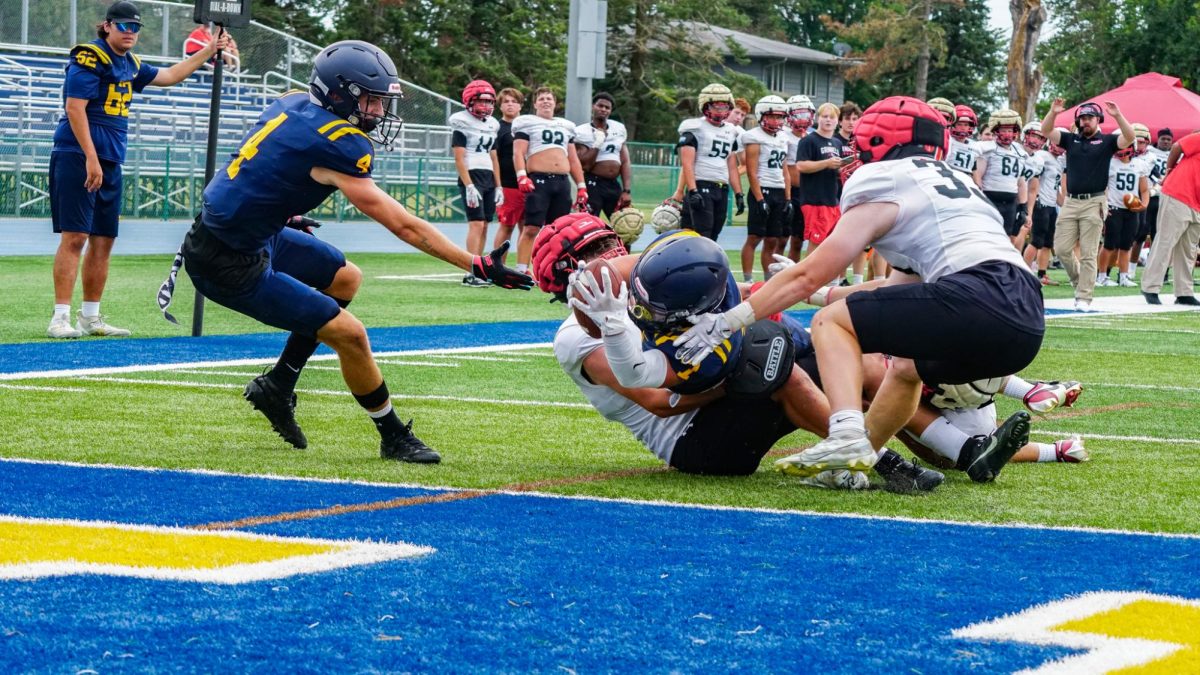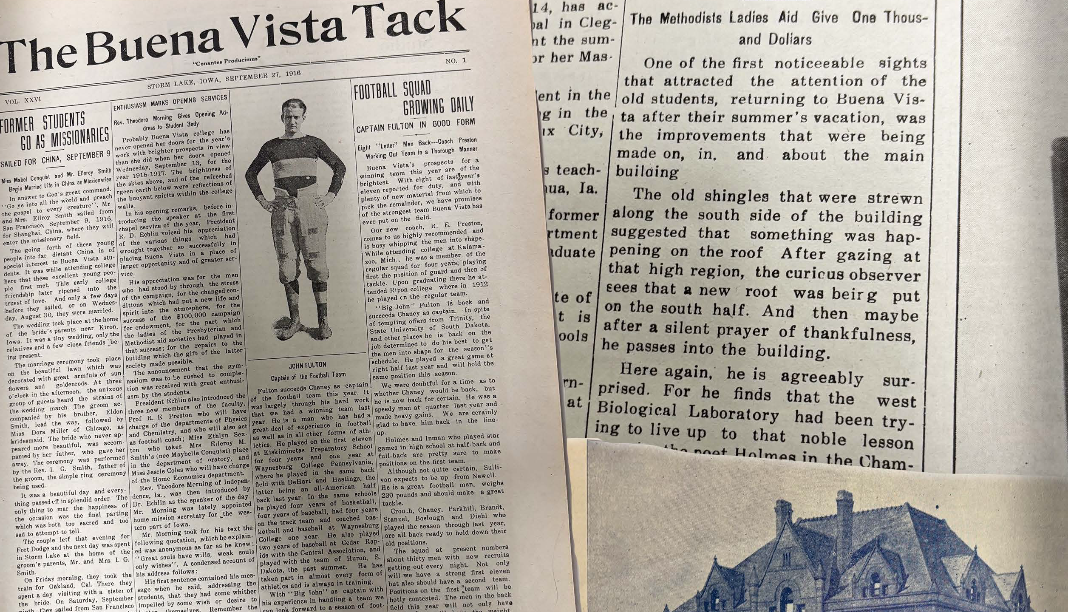Post-Sport Struggles of Depression and Anxiety
November 22, 2022
Parental influence on children to get involved in sports at a young age is common throughout childhood for many. However, no one tells you what to do when competing in a sport is no longer an option. Years of endless competition and routine can form a sense of reality. Whether it be volleyball, track, football, or any means of competition, it is hard to know what to do once that final opportunity to perform is upon you. This inevitable ending could happen during the years of high school, college, or after college. A lot of athletes experience sudden feelings of emptiness or shock after years of devoting themselves to a sport, and I am here to remind you that you are not alone on this journey.
As a former athlete, I went through a turnover after my collegiate track career ended unexpectedly. Unfortunately, day-to-day sacrifices and the amount of dedication following one’s commitment to any sport are often overlooked. It is mind-blowing to think about how we are pushed to be athletically driven at such a young age. Most of us tend to focus on the present moment when performing and heavily on improvement. This can result in many challenges with mental health that we battle over time. As athletes, we should be enjoying the moment and our love for the sport.
I was a track and field athlete from the start of seventh grade up until my sophomore year of college. I loved every aspect of being an athlete. I constantly put in the work in order to be the best version of myself within my events. Despite the daily commitment, months of rehabilitation and a second surgery ultimately caused me to no longer identify as an athlete. No one told me what to do or offered advice on how I would feel after this career-ending experience. With track and field being a big part of my life, I got the opportunity to see and work alongside the same group of friends every day. Altering this aspect of my day-to-day life had a much larger impact on my stability than I had thought was possible. According to a recent study by the International Olympic Committee, over 45% of former athletes reported suffering from anxiety and depression once transitioning out of the sport.
After years of competition, feelings of depression and anxiety can cloud the mind during the months following an ending to one’s career. A lot of us find it difficult to take a step back and relax. For the first time in my life, I had little to no motivation once I could no longer work towards another personal record. It was hard for me to set goals because I truly did not believe there was much to shoot for anymore. Academics were not interesting enough to me so, putting all my energy into papers or assignments was not a priority at the time. Most days, I wanted to remain in bed and do absolutely nothing. I initially did not know what was happening to my physiology. As not much information was available on this issue and the majority are hesitant to share, this opened my eyes to the stigma that athletes face within mental health.
Luckily, I finally found the courage to talk to someone about what I was going through and openly shared my feelings on this matter. They additionally helped me find people that were going through similar experiences as a former athlete. I was introduced to multiple professional athletes, college athletes, and even high school athletes who told their stories on this issue. This type of information was sparse, but it helped me no longer feel alone and validated everything that came with post-sport mental health.
Mental health awareness has come a long way in recent years, but I still believe it has a long way to go. I believe that athletes, at all levels, need to be looked out for when their career eventually ends. Athletes like Val Jones, Kevin Love, Simone Biles, Naomi Osaka, and DeMar DeRozan have all spoken out about mental health within the realm of athletics and this movement has paved the way to help future athletes. I hope that the stigma of discussing mental health as an athlete goes away over time and no longer causes us to be seen as weak. By sharing my own story, I want other people to realize that they are not alone if they experience similar feelings as a former athlete like I did, at any level.
The biggest piece of advice I can give to those who may be struggling is to take some time for yourself. It is not selfish to take care of yourself and work on your mental health after years of dedication to a sport. Try to channel some of that competitiveness and goal-setting mindset into other aspects of your life. For example, I decided to put my efforts into my career moving forward. I wanted to gain as many experiences as possible, so I worked to get my name out there and talk to more people. Find that purpose and try to pursue it with the same intentions as any goals you had during your sport. It can be as big or as small as you would like, but it is a step in the right direction.









